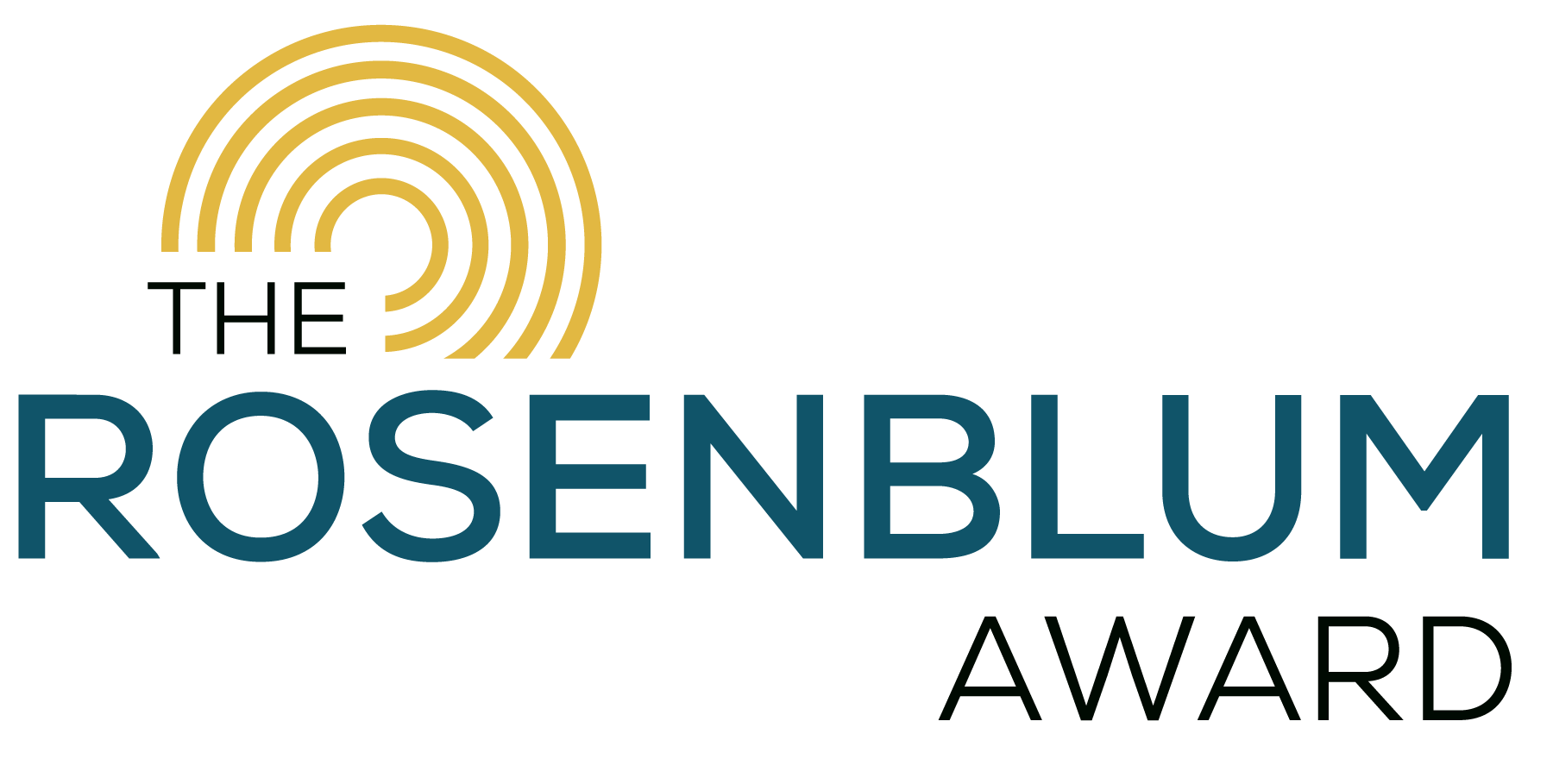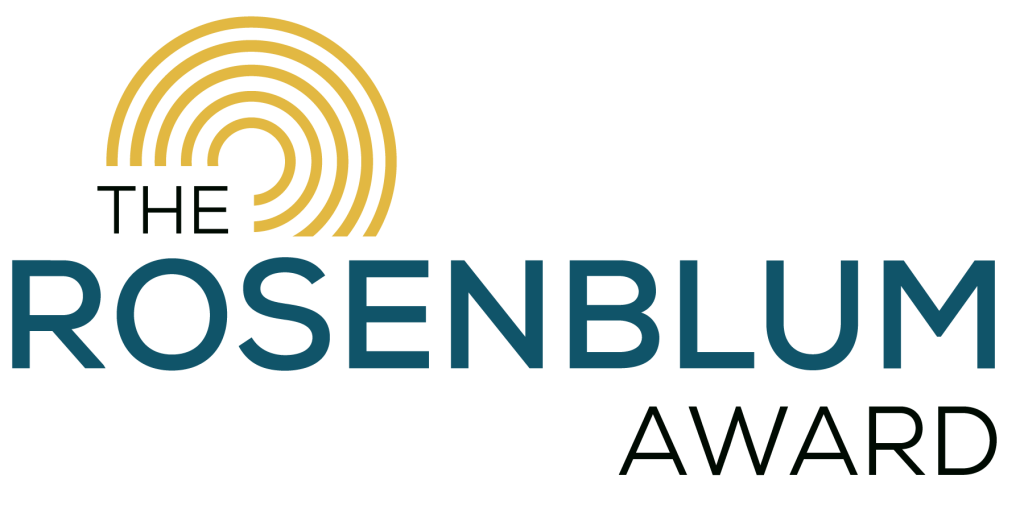The Rosenblum Award for Scholarly Publishing Impact celebrates innovations that have transformed the scholarly publishing ecosystem, focusing on technologies, standards, or practices that have become indispensable to its operation. This award does not recognize individuals or organizations directly, nor does it carry a monetary prize. Instead, it honors elements of the ecosystem that enable the production, dissemination, and collaboration essential to scholarly communication.
Created in memory of Bruce Rosenblum, a trailblazer in scholarly publishing standards, the award reflects his legacy of innovation and collaboration. Bruce was instrumental in the development of pivotal publishing standards such as the Journal Article Tag Suite (JATS), Book Interchange Tag Suite (BITS), and Standards Tag Suite (STS), which remain integral to scholarly communication today.
Established collaboratively by five leading organizations in the field—The Association of Learned and Professional Society Publishers (ALPSP), the Association of University Presses (AUPresses), the National Information Standards Organization (NISO), the Society for Scholarly Publishing (SSP), and the International Association of Scientific, Technical & Medical Publishers (STM)—the award is governed by a commitment to equal partnership and shared purpose. Its mission is to inform the community about the evolution of critical components of the scholarly ecosystem, highlighting their historical development and ongoing impact.
Key Features of the Award
Annual Recognition: Honoring innovations with a lasting impact on scholarly publishing.
Community Storytelling: Documenting the evolution of award recipients through videos, posts, and webinars to preserve their history.
Collaborative Governance: Managed by committees composed of representatives from the five sponsoring organizations to ensure balanced decision-making and long-term sustainability.
The Rosenblum Award fosters appreciation for those innovations and infrastructure that power scholarly communication and are often taken for granted. A key goal of the award is to promote ongoing development and ever wider use of these technologies to ensure continued progress in the field.

